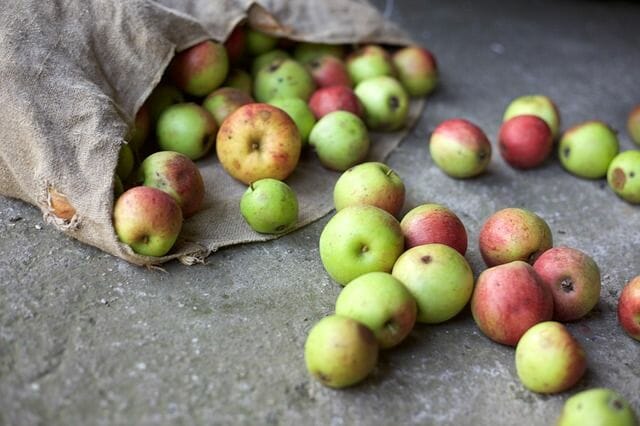Leading the way for dealing with food waste, South Korea almost completely recycles their leftovers. Turning to technology and regulation to combat the problem, the country has gone from recycling 2% of its food waste in 1995 to 95% today. This is no small feat, and is a starting point to addressing the global crisis of producing, transporting, and packaging food that is destined for a landfill.

Photo credit / Pixabay
How does it work?
Since 2005, putting food into landfills has been banned in the South Korea. Consumers can choose to purchase biodegradable bags designated for food waste or use a smart bin, which weighs the waste and automatically applies charges. Charging by volume helps support the costs of the program. Moisture from the waste is converted to biogas. The remaining dry waste is used as fertilizer.
Does it help?
Although recycling food waste benefits the environment, it is only a step in the right direction for combating the overall problem of wasted food. Incentivizing smaller amounts of food waste by charging for disposal has had a positive impact on the amount of food waste South Korea has to deal with. But waste is still a problem, especially with the tradition of serving banchan, side dishes that are served to compliment a meal and are often left half-eaten.
Wealthy countries are especially guilty of contributing to 1.4 billion tons of waste. In the United States, it is estimated that 30-40% of our food supply is wasted, totaling $161 billion worth of food in 2010. Much of this food could have been given to people in need. Also, the bulk of what is filling up our landfills is food, producing methane gas, the most harmful greenhouse gas.
What can you do?
There are many ways you can reduce your food waste. Besides buying smartly and saving your leftovers, here are a few more ways to help!

Photo credit / Pixabay
Compost at home. The EPA is a great resource for learning how to compost at home.
Encourage your local grocery store to have an ‘ugly’ section for vegetables and fruit. Many edible items are thrown out because they don’t fit a standard of what people expect the food to look like. The grocery chain Kroger has committed to fight food waste and started a “Pickuliar Picks” program for non-conforming fruits and vegetables.
Encourage your municipality to provide city-wide compost services. Cities like Portland, Oregon and Seattle, Washington have had great success and support of residents.
We may have a long way to go to catch up with S. Korea, but every step to combat food waste brings us closer to a clean, sustainable future.







